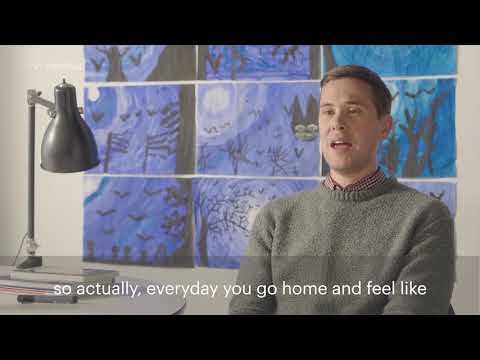Are you bursting with inspiration and eager to write your personal statement or are you struggling to know where to begin? You’re not alone – writing a teacher personal statement for the first time can be a daunting prospect because it forms the heart of your application.
But get it right and it will shine a winning spotlight on you, get you onto that all important shortlist and ultimately lead to your first role as a newly qualified teacher (NQT), or your next role in the education industry.
Top tips for writing a personal statement.
- Stick to two sides of A4 unless you’re specifically asked to write more
- Tailor your new role to each new application
- Check and recheck spelling and grammar. Get a friend or colleague to proofread it
- Be passionate and enthusiastic
- Make every word count! Don’t waffle and make sure what you are saying is relevant and not repetitive
- Use an easily readable font
- Structure your personal statement with an intro, main body and conclusion.
- Use sub-headings and bullet points to break up the text where necessary
- Don’t lie – don’t say you can do things in your statement that you can’t back up with real-life examples.
- Finish with a positive conclusion that reflects your enthusiasm for the job
What should I include in a personal statement?
Don’t just regurgitate your CV – a personal statement is much more than that. Yes, head teachers want to know about your education, qualifications, experience and any placements or roles you may have had and it’s important to include that with more detail than on your CV. But they also want to hear about your motivation.
What makes you want to teach? Why would you be perfect for the role? What skills can you bring with you? What inspires you? What teaching style have you developed? Are there any classroom strategies you’ve learned that you could put to good use? What is your vision for primary/secondary education.
Don’t forget to include specific examples of your achievements and be able to back them up, talk about subjects you have taught, what year groups and any special teaching methods or practices you have experience of.
And don’t gloss over any gaps in your employment or education history – instead turn a negative into a positive. Talk about work in different sectors and any transferable skills you may have gained. If you went travelling draw on any skills or experience you might have had.
Is a personal statement an extension of a CV?
In a way a personal statement is much more than a CV, it’s an essay about you. A CV gives details of your skills, experience and qualifications but your personal statement is your chance to let your passion and enthusiasm for teaching really shine through. It makes you individual. Head teachers want to know why you want to teach, what inspires you and how can make a difference. So don’t hold back.


